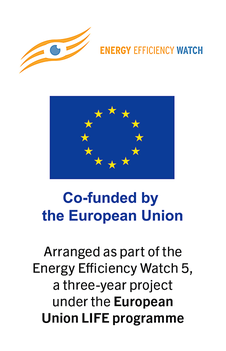Search eceee proceedings
Demand side management of industries – necessity for a sustainable energy system or step back in improving efficiency?
Panel: 3. Energy management: the nuts and bolts
This is a peer-reviewed paper.
Authors:
Karin Arnold, Research group future energy and mobility structures, Wuppertal Institut für Klima, Umwelt, Energie, Germany
Tomke Janßen, Wuppertal Institute for Climate, Energy, Environment, Germany
Abstract
Renewable energy plays a key role in the sustainable pathway towards a low carbon future and, despite new supply capacities, the transformation of the energy system also requires the adoption of a method which allows for the integration of increasing amounts of renewable energy. This requires a transition to more flexible processes at an industrial level and demand side management (DSM) is one possible way of achieving this transition. Currently, increased shares of variable renewable energy can cause the electricity supply to become more volatile and result in changes to the electricity market. In order to develop a new dynamic equilibrium to balance supply and demand, sufficient flexibility in demand is required. As adequate storage systems are not available in the short to medium term, the potential for large electricity consumers to operate flexibly is an attractive, pragmatic and feasible option. Recent studies in Germany suggest that there is significant potential for DSM in so-called “energy-intensive industries”. However, the figures (which fall in the approximate range of 1,250–2,750 MW positive and 400–1,300 MW negative shiftable load) should be interpreted with caution. The range of industrial processes considered are diverse and vary from plant to plant, with the result that it is difficult to provide accurate calculations of the accumulated potential for Germany or the EU as a whole. Based on extensive surveys and panel discussions with representatives from energy-intensive industries (aluminum, cement, chemicals, iron & steel, pulp & paper), which together account for approximately one third of the industrial electricity demand in Germany, our paper provides an overview of both the opportunities and the barriers faced by DSM. One of the key findings is the possible loss in energy efficiency due to DSM: in order to decrease or increase production depending on the stability needs of the electricity system, plants and processes may no longer operate at their optimum levels. The effects on downstream production must also be taken into account in order to gain a more complete understanding of the overall effects of industrial DSM.Downloads
Download this paper as pdf: 3-022-16_Arnold.pdf
Download this presentation as pdf: 3-022-16_Arnold_presentation.pdf














